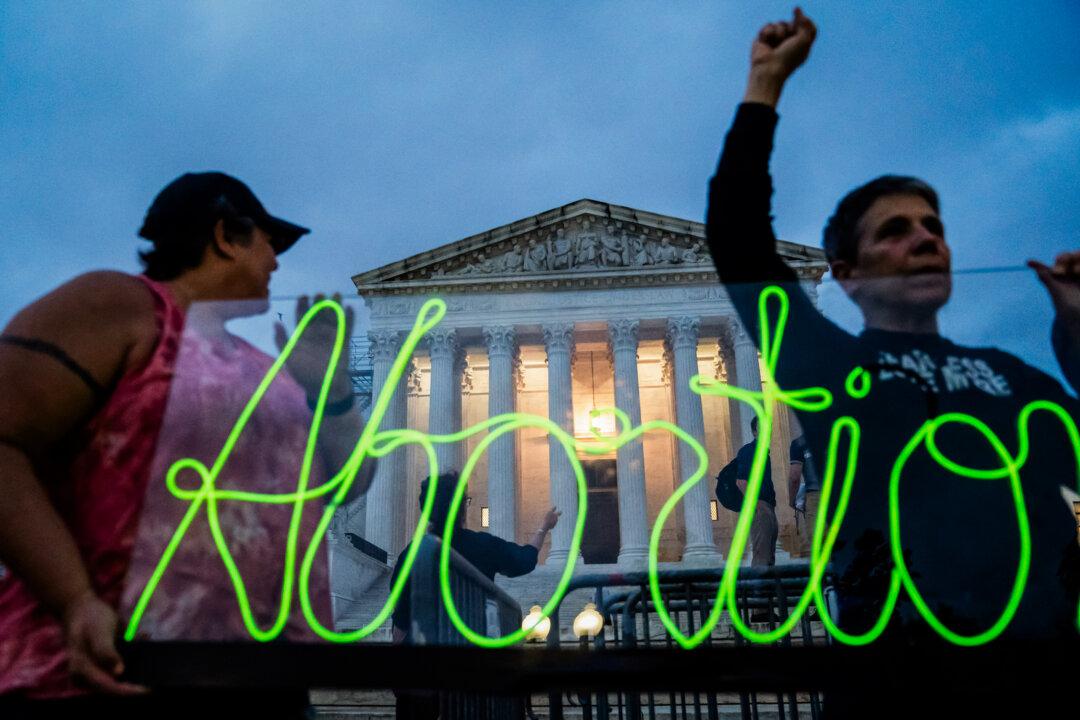The head of Idaho’s House of Representatives is urging the Supreme Court to reject the Biden administration’s claim that a federal law supersedes the state’s comprehensive abortion law and creates a narrowly defined right to abortion.
Critics say that the federal government’s interpretation of the federal Emergency Medical Treatment and Labor Act (EMTALA), effectively creates a new federal right to abortion in hospital emergency rooms. The Biden administration argues that Idaho’s abortion law, the Defense of Life Act, is preempted by EMTALA, which requires hospitals that receive Medicare funding to provide stabilizing treatment for emergency patients, and that treatment includes abortions. Federal preemption means that a state law that conflicts with federal law is invalid.





